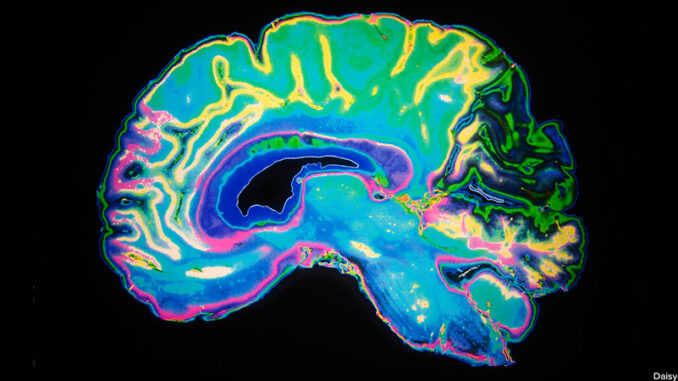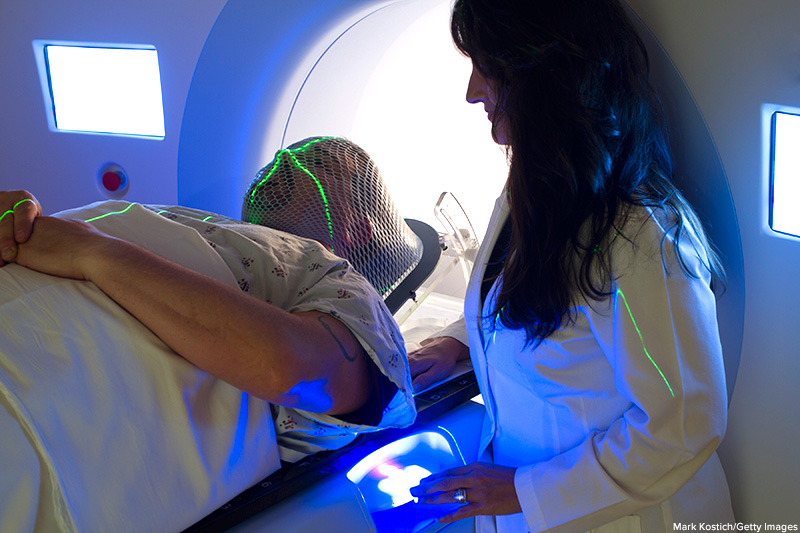
Last week, btw brought you a story about what happens to the brain when you do more than one thing at a time. This week we go further, looking at the ways your brain responds to some of the things you are likely to be engaged in every day.

Your Brain on Music
Listening to music as a pastime has a long history. Who knows? Maybe cave people probably scooted rocks together in a formation to enjoy the person with the prettiest voice. But today, it is possible to listen to almost any musical artist we want, whenever we want.
Music affects many different areas of the brain. These include the parts that control functional processes such as foot tapping and dancing, as well as more emotional functions such as reactions to the mood of the sound or lyrics of a song. The brain also works to develop and store memories of music and related contexts of musical experiences. Music can also stimulate memory, which explains how some dementia patients can still remember songs from their youth, even when they have forgotten basic everyday concepts.
Your Brain on Podcasts
Researchers at The University of California, Berkeley recently published a paper in the journal Nature. The study involved recording the brain activity (by MRI) of seven volunteers as they listened to podcasts of The Moth, a New York City-based storytelling event. What they found was that certain words lit up activity in certain parts of the brain.
From the data, the researchers created “language maps” that tracked blood flow in about 50,000 different locations in the brain in reaction to over 10,000 words. The research is considered significant because language has often been thought of as being processed only in certain areas of the brain, such as the temporal lobe. Check out the maps created from the U.C. Berkley study.
Your Brain on Video Games
You’re probably aware that the generally -eld opinion of video games is that they are bad for your eyesight and your ability to pay attention. (Have you every heard your parents or grandparents tell you that?) Depending on how much you play, you might be interested to find out that neither of those accusations have proven to be true. (Refrain from telling your parents “I told you so!” Just point them to this btw post with a satisfied look on your face.)
In fact, the Bavelier Lab at the University of Geneva, Switzerland has conducted tests that conclude the opposite. A recent study published in The Proceedings of the National Academy of Sciences demonstrated that those who play action games like Call of Duty show a greater capacity to learn than those who don’t play that game. This is because the brain is constantly looking for ways to predict outcomes. Playing certain games can help sharpen the ability to improve pattern recognition.
